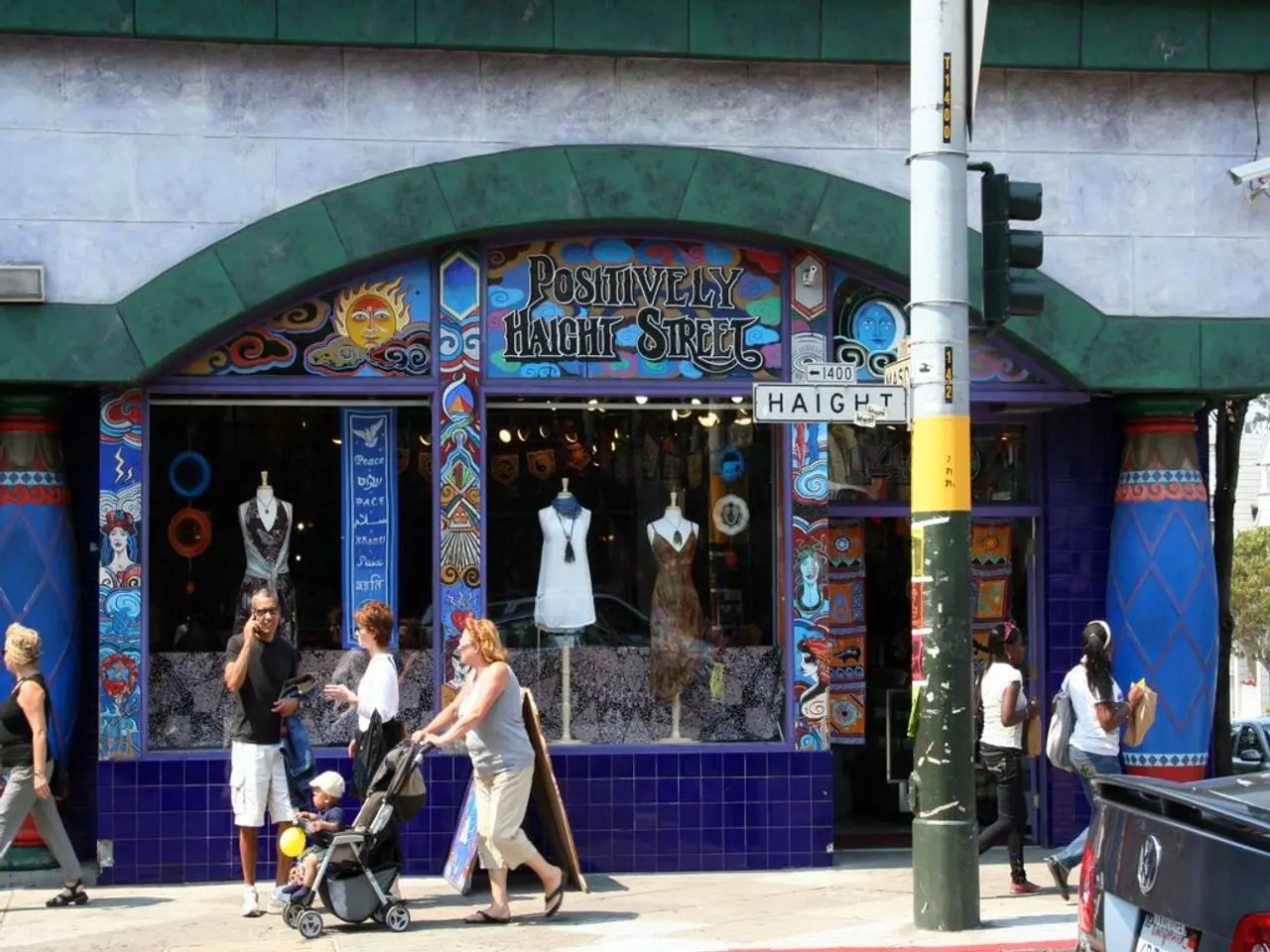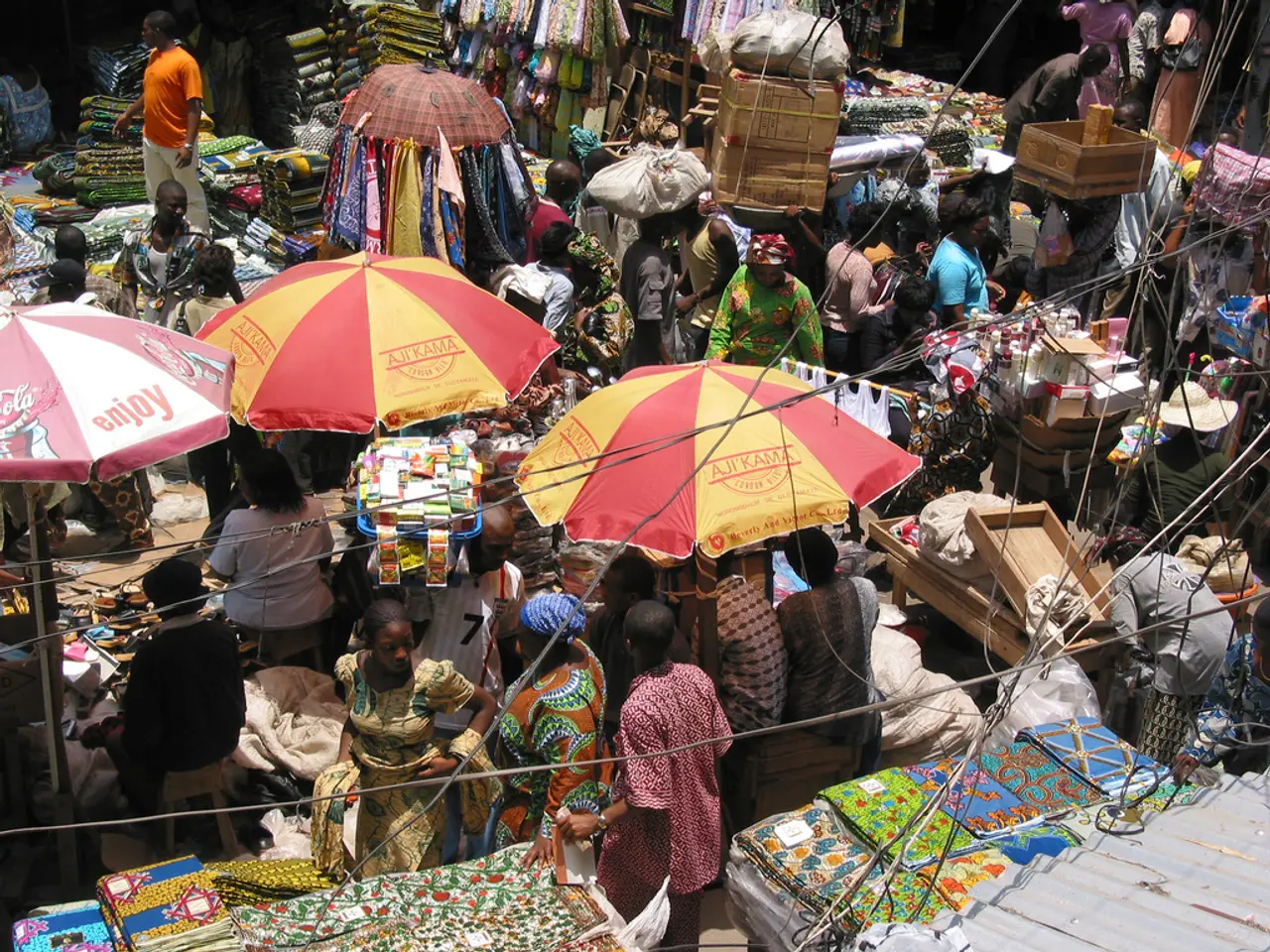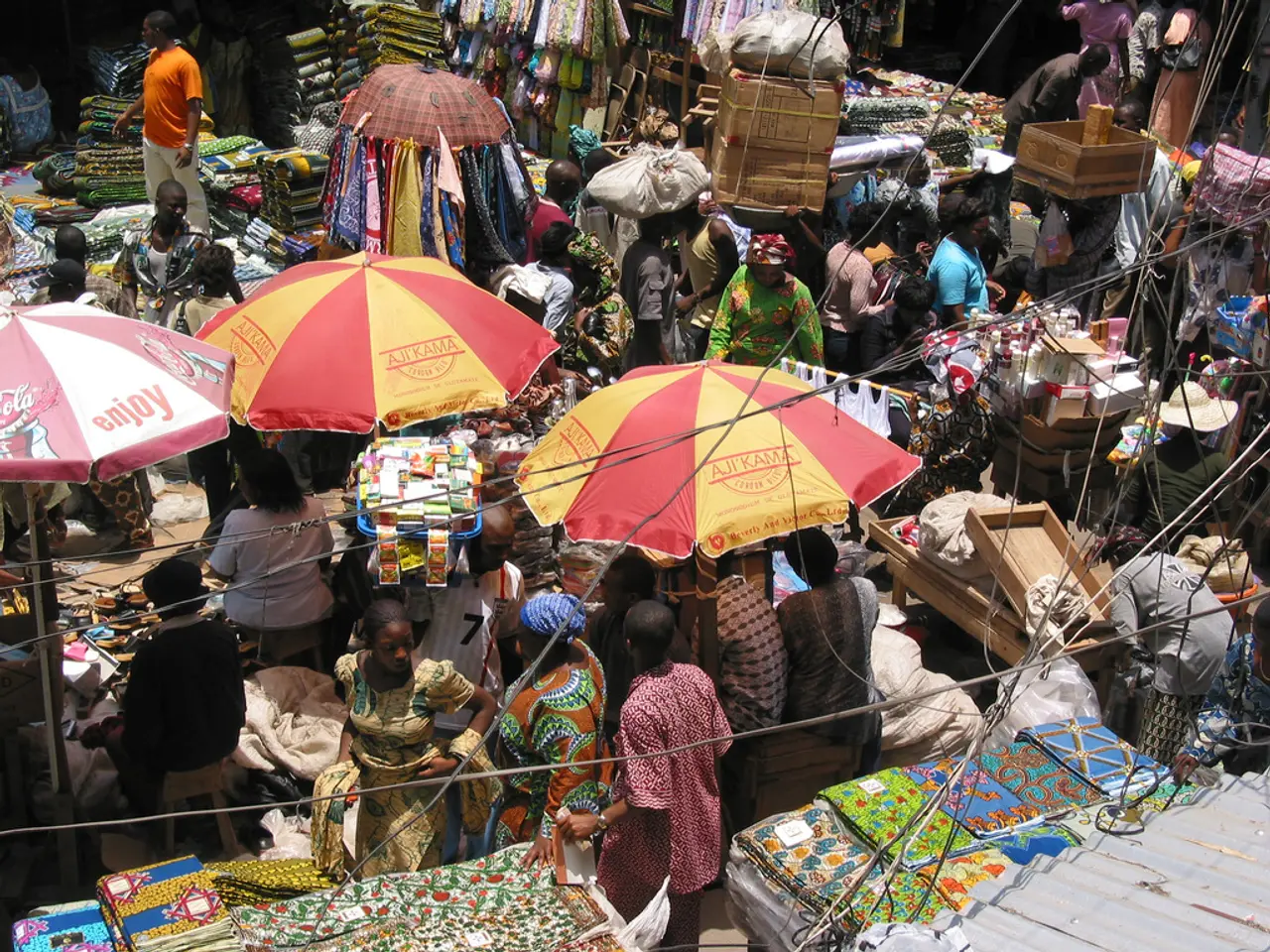In 2024, the Federal Cartel Office plans to slap a hefty fine of 26 million euros on an unspecified entity.
In 2022, fines totaling 24 million euros were imposed on various entities in Germany, marking a significant year for competition law enforcement. However, the years 2024 and 2025 saw an even more notable increase in fines, particularly in sectors such as online food delivery and consumer electronics.
In the online food delivery sector, the European Commission fined Delivery Hero (a German company) and Glovo €329 million in June 2025. This case was unique as it represented the first EU antitrust fine for a "labour market cartel," specifically relating to anti-competitive wage-fixing and no-poach agreements among food delivery companies. Both companies admitted to their involvement and settled the case, thus receiving a 10% reduction on fines. This case highlights increased scrutiny of labour market agreements within digital platform-driven sectors, reflecting concerns about market dominance and competition constraints in dynamic labour markets such as food delivery.
In the consumer electronics sector, the German Federal Cartel Office imposed fines totaling nearly €6 million on audio products manufacturers Sennheiser electronic SE & Co. KG and Sonova Consumer Hearing Sales Germany GmbH for vertical price fixing (resale price maintenance). This enforcement underscores ongoing vigilance against anti-competitive practices like price fixing in traditional manufacturing and selective distribution networks in Germany.
Compared to earlier years, the fines and enforcement actions in 2024-2025 show a broader scope and increased amounts, particularly reflecting the rise of digital and platform-based cartels, such as those in labour market agreements and online delivery services. Previously, national authorities in other European countries like Hungary and Belgium had targeted wage-fixing and no-poaching cartels in sectors such as HR consultancy and private security, but the 2025 Delivery Hero and Glovo case marks the first major EU-level enforcement with record fines in the food delivery platform sector.
While the fine amounts in Germany for cartel violations remain modest compared to the multi-hundred-million-euro fines seen in digital platform cartels, the Cartel Office has been imposing higher fines for prohibited cartels in recent years. The Cartel Office chief, Andreas Mundt, stated that all sectors are under scrutiny, and the specific sectors or cases under scrutiny in the newly opened proceedings were not detailed.
In 2024, the Federal Cartel Office in Bonn imposed fines of approximately 26 million euros on seven entities for prohibited cartels. The offenders in these cases have not been specified, and the cases involved protective clothing, telecommunications, and network technology. Fines totaling over 10 million euros have been imposed so far in 2024. In 2023, the Federal Cartel Office imposed fines of just over 3 million euros.
Mundt stated that the Cartel Office will not let up and has more major cases in the pipeline. The exact number of major cases in the pipeline was not specified. The competition watchdog found tips to their external reporting office to be a valuable supplement to leniency applications. A clear trend is not identifiable as the values fluctuate from year to year.
Sources: ntv.de, dpa.
- In light of the increased fines in 2024 and 2025, it seems that the employment policies of various entities are under closer scrutiny, particularly within digital platform-driven sectors like food delivery and labor market agreements.
- The enforcement actions in Germany reveal an expanding scope of investigation, with fines being imposed not only on digital platform cartels but also traditional manufacturing industries like consumer electronics, where vertical price fixing has been penalized.




